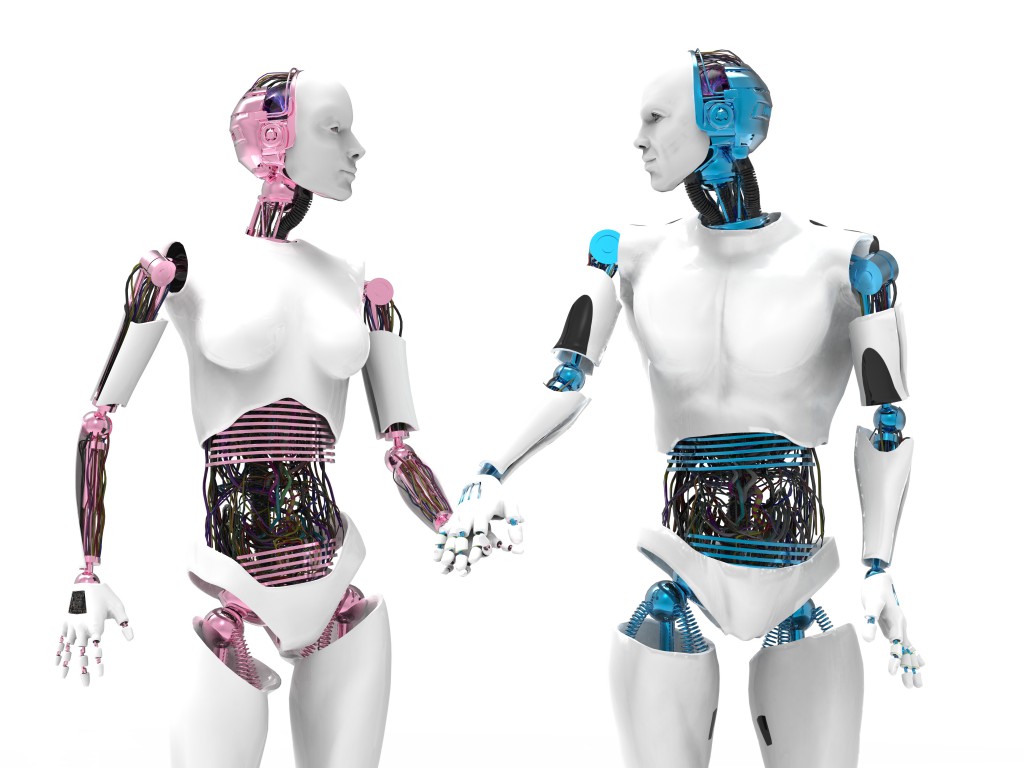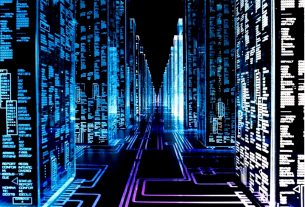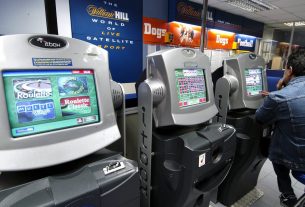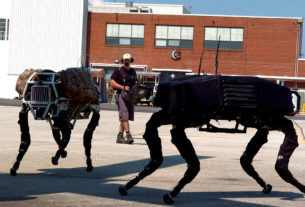There is a tendency to predict that, one day, machines will have very sophisticated AI and would inevitably either provide humanity with a paradise or a dystopia. While these ideas mostly appear in fiction, there have been multiple projects of designing and implementation of AI. We are going to discuss the possible implications of a sophisticated robot AI.
Artificial Intelligence
Let us begin by defining AI. It is intelligence demonstrated by machines that mimic the reasoning functions commonly associated with human beings, like problem-solving. It means that a machine should be able to perceive a problem, assess its resources, and solve the problem based on previous experiences.
There is a number of ethical questions that arise from the belief that a machine can perfectly replicate a human mind and all it is likely to do. One such question is whether artificial intelligence also means that a machine will develop a type of consciousness. Another deals with something called the AI effect. This phenomenon deals with immediate dismissal of all capabilities a machine displays as something that is not real intelligence, arguing that it couldn’t be real since a machine can do it.
Sophia

One of the robots that have been at the center of attention for a while is Sophia, the first robot to receive citizenship from a country. It comes as a big surprise that the country in question is Saudi Arabia, known for the treatment of their female citizens.
Sophia was developed by Hanson Robotics and has been hyped as a scientific breakthrough. It could seemingly hold conversations, make different facial expressions that were relevant to the situation at hand, and had meetings with notable public figures. Sophia has even been interviewed at several talk shows. Critics have argued that Sophia is not a real robot AI, but a chatbot that happens to have human features.
One of the most vocal critics of Hanson’s project was Yann LeCun, Facebook’s director of AI. He openly admonished Hanson for their exaggeration and the media for their sensationalistic coverage of Potemkin AI. The term Potemkin refers to the phrase Potemkin village, which is any construction that makes the situation seem better than it really is.
Erica

Sophia is not the only robot that shows the current level of the world’s robotics. Erica is a robot that is a news anchor in Japan and, like Sophia, was designed to look like a human being. Her creator is Hiroshi Ishiguro, though it would be more accurate to say that Erica was a joined effort by Osaka University and Kyoto University.
Erica can hold a conversation, though she seems to be merely reacting to some keywords and phrases. She can also read and recognize faces. Ishiguro hopes that he will be able to imbue his creation with consciousness one day.
Robot Companions
There is a market for robots that provide companionship and care for those unable to take care of themselves. Robot companions make sure the elderly take their medication on time, play with children, and perform simple tasks around the house.
Notable robot companions include Pepper, who works as a receptionist in two Belgian hospitals, Miko, an Indian robot that educates and plays with your children, and PARO, a baby harp seal that helps people deal with stress.



